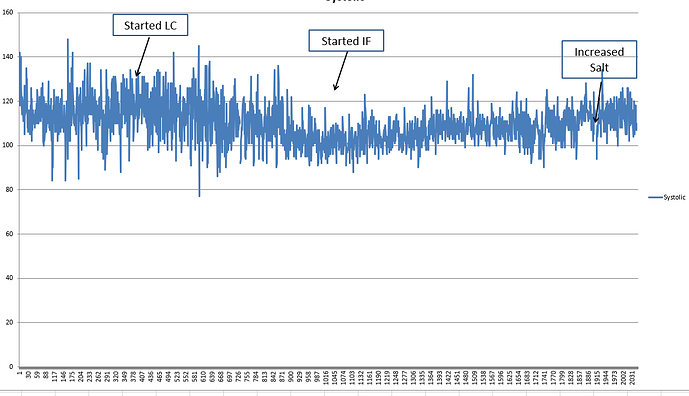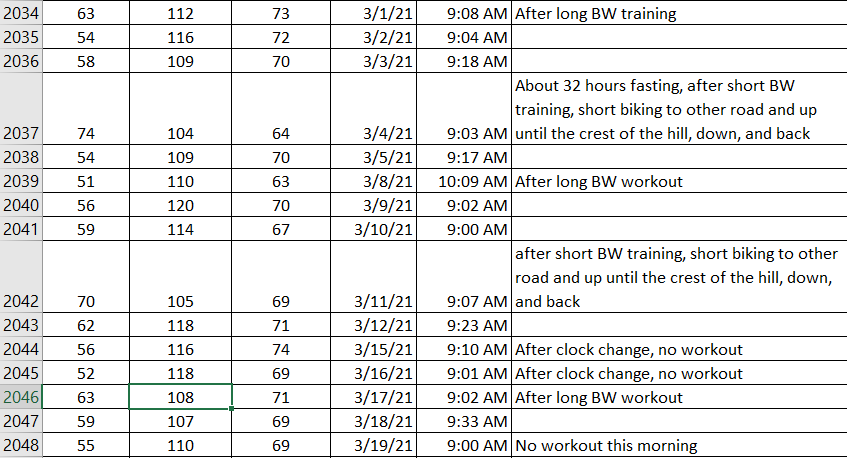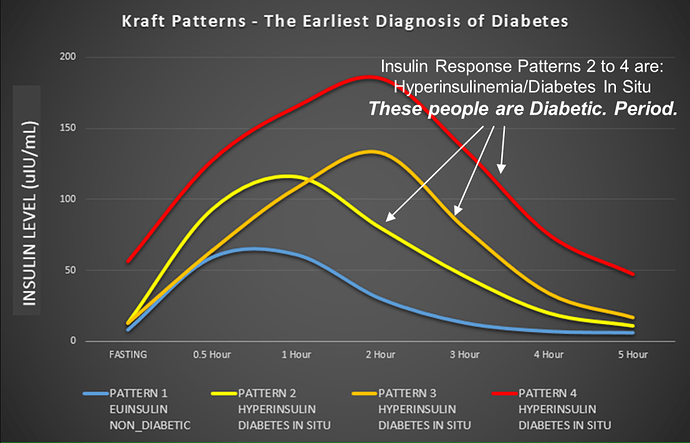Hi everyone, a very happy Friday to you all.
I’ve been eating ketogenically now for around 4 weeks (with the exception of one slip up last week). I’m not diabetic, and my markers are all very good according to my most recent Thriva blood test. I’m just an overweight 34 year old!
I’ve tried to do my own research on this topic but I’m not really getting anywhere.
My question is, is there anything at all I should be doing differently because I am not diabetic? I’ve read some things about occassional carb-ups to assist in female hormone regulation. I’ve also read that 50g net carbs is fine etc.
I’m asking because I’m not actually feeling any different than my former lifestyle of eating carbs in moderation. In fact, I seem to have more headaches (more like a pinching feeling from time to time) and more fatigue than usual.
Do I stand to feel better eating more net carbs while still staying under the 50g mark that Phinney and Volek talk about in their book? Is the 20g net carb limit specifically for T2 diabetics and not for those wanting/needing to simply just lose excess fat?
I also remember the 2KetoDudes on a podcast mentioning very briefly that for around 2-3% of people, keto won’t work. I wonder who these people are and why it doesn’t work for them? Because I’m not feeling great and losing much weight (4 pounds total in a month, and today I’ve gone up so I’m only 2 pounds down in a month), I’m starting to question if I’m somehow one of the unlucky people that doesn’t tolerate a keto way of eating.
Essentially, do non-diabetics like myself perhaps fare better being less restricted because we aren’t actually insulin resistant and can theoretically handle carbs better than a diabetic can?
I want to start feeling better, but I just don’t really. Oh, and my weight is currently up and down like a yo-yo for the past week, no matter what I do.
Any anecdotes/personal experiences are very welcome!
Thanks all you lovely lot!
PS: A typical day for me consists of the following:
- 2-ish BPCs in the morning
- I break my fast between 2pm-4pm with a 3-egg omelette with cheese, a spinach salad with mushrooms and garlic cooked in butter, bacon or avocado on top, and some olive oil.
- If I fancy a bit of something in the afternoon, I’ll have some mac nuts or some cheese.
- For dinner I have steak/pork belly/salmon with veg cooked in butter.







